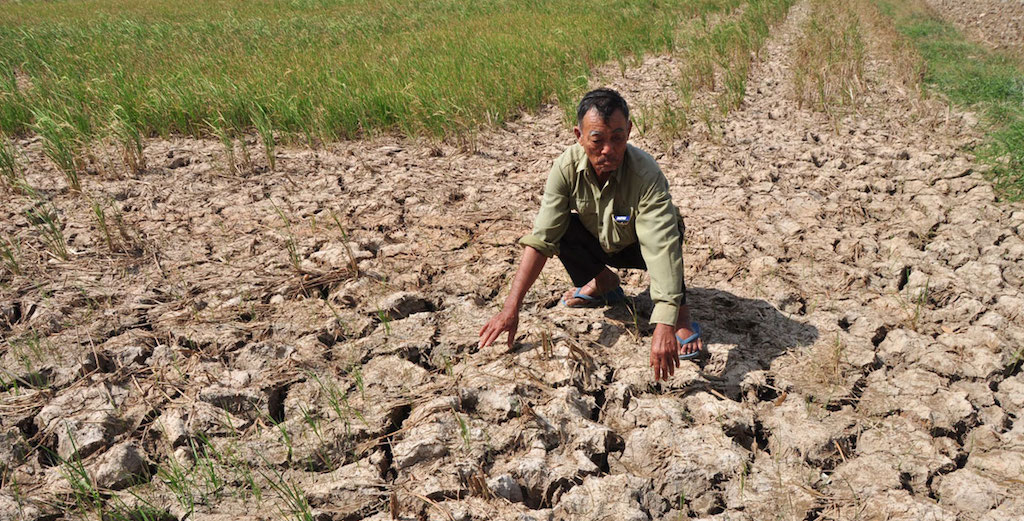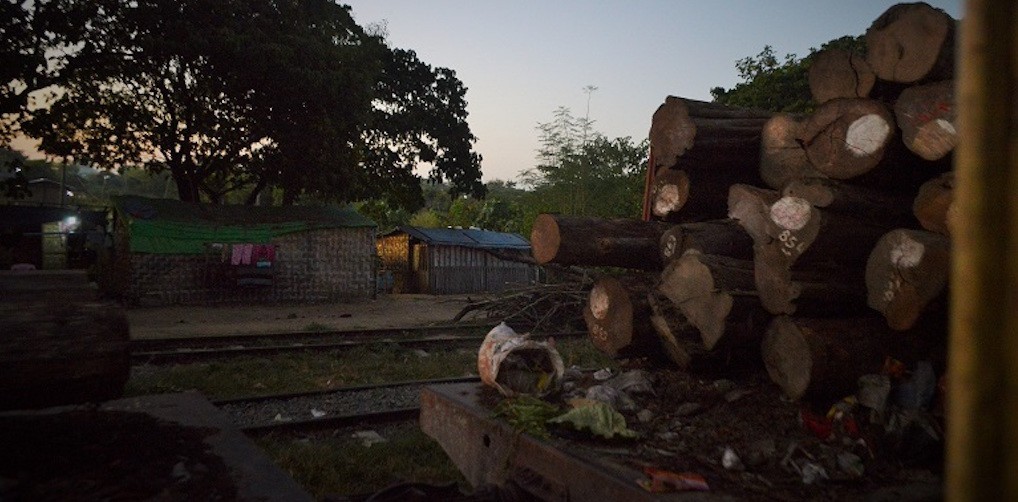The Tet Holiday (Vietnamese lunar New Year) has come to an end, marking the commencement of a new dry season in Vietnam’s lower Mekong Delta. Right now in coastal provinces around the Delta, thousands of farmers, especially those who miserably suffered during last year’s historic drought, are mobilizing to prepare for another similarly devastating drought, which is expected to arrive in the Delta in a few weeks.
During last year’s dry season, the record drought, followed by saltwater intrusion, cost Vietnam VND 15 trillion($669 million) due to the heavy toll on agricultural production. It also caused dire humanitarian and other economic impacts: almost half a million households lacked fresh drinking water and experienced food shortages and thousands of affected people had to migrate to urban areas in search of jobs. The drought was mainly caused by Mekong upstream dams built by China in connection with El Nino effects.
To mitigate agricultural losses caused by a possible repeat of the 2016 double disaster – severe drought and inland salinity intrusion, remarkably exacerbated by Chinese dams – most of the disaster prone provinces of the Delta have begun to secure freshwater by all measures available to them. In many vulnerable communes in Hau Giang, Ben Tre, and Tien Giang provinces, farmers have used water tanks to collect rain-water and drilled wells to extract groundwater. They also have reduced the annual rice crop and switched to cash crops that require less water. Meanwhile, local authorities have been dredging canals and irrigation facilities and setting up fresh water pipeline networks in hotspots of drought. In addition, a number of temporary dams and desalination plants are being built in a hurry around the Delta to prevent saltwater from entering the major waterways.
Read more at The Diplomat





